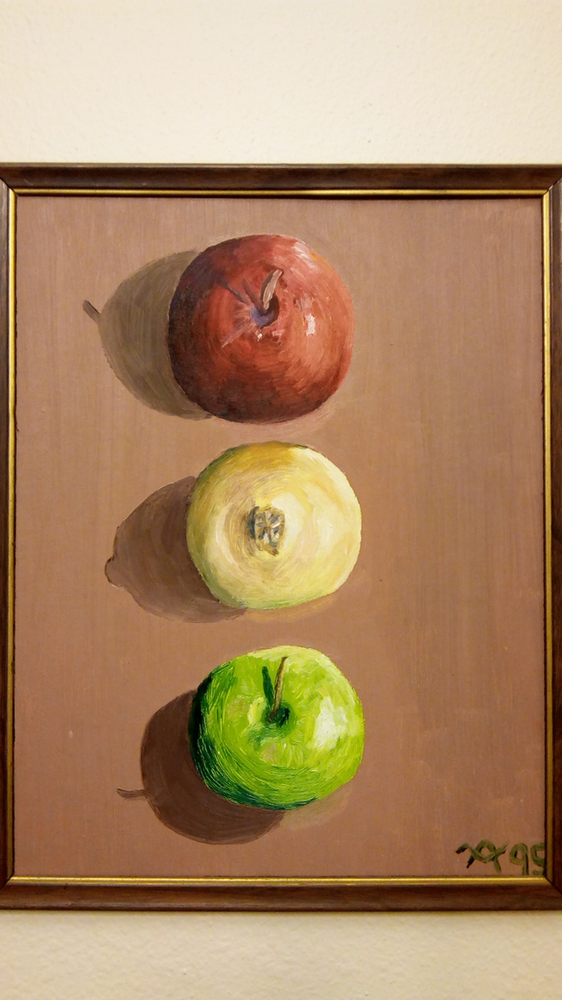Everything is relative; there are no absolutes. There is likely as profound of a lesson in exploring whether or not it is possible to make the absolute statement that absolutes do not exist (doesn’t it contradict itself?) as there is in living “absolutes do not exist”. But, for me, embracing that everything is relative has been liberating. But I just used the absolute word “everything” again?
On the surface, this belief also seems to be inconsistent with most major religious traditions. But, again, I would argue that this is not the case. Acts and rituals are much less important than intent and belief. If we can keep alive the belief that “all is never lost” we can live. If death is not absolute than there is space for rebirth and afterlife. If we can accept that there are limits to our understanding then there is a whole universe in every sentence and teaspoon of dirt for divinity to inhabit.
More practically, if we can get out of the habit of using words like “always, never, and perfect” we unshackle ourselves. We allow for space to live and be good enough to ourselves and others. Absolute words are very powerful and need to be handled with care. Without evidence I would argue that we are using more absolute language in daily talk today than in the past. We used to “reserve” powerful words like love and always and hate for rare usage. It seems that we “deploy” these words defensively today to push back against rising healthcare costs, diminishing free time, and loss of hope. And “positive” absolutes are just as dangerous as “negative” ones.
At the molecular and even sub-atomic level we know that things get weird and very relative. Such immovable concepts like space and time have been shown to anything but absolute. Look to quantum mechanical tunneling or entangled particles as further examples of how trying to put things into tidy little boxes just doesn’t work. If you are still in doubt ask Schrödinger about his cat.
You can be an explorer, a lover, a critic and a self-doubting leader – there is space for all of this in a world of non-absolutes. Killing is usually pretty bad, but not always, right? Aren’t there instances when a small lie or a tiny act of irresponsibility is actually the best course? There is so much power in absolutes in a “dark side of the force” kind of way yet we tweet them daily and put them on bumper stickers.
“Nearly always” is still fine, but “most of the time” is likely better yet. Trying to kill or harm or defame or cheat as infrequently as possible is a great idea. But we end up in political and personal and existential paralysis if we frame life in absolutes. The ends seldom justify the means.
If we could really believe this, really live this, so much unnecessary pain and death could be avoided. Anxiety and depression would have much of their sinister power taken away. Maladies like cancer and heart disease would be combated by strengthened immune systems. Even economies would improve, an extra couple tenths of a percent of GDP would result from healthier happier more hopeful workers and citizens and consumers. Everything, I mean almost everything (!) would improve. There is so much power in letting go of myths like always, never, and perfect. Don’t wait until the perfect moment to do so, let go right now and don’t look back (ever?)



